Advertisement
Looks at anxiety, depression, sleep, pain and more

Before Sandra Zampino, BSN, RN, HC-BC, had back surgery in 2002, she was given reiki therapy, and it significantly reduced her anxiety. When she became a nurse, Zampino decided to “pay it forward” and become reiki-certified. She incorporated the Japanese energy-based healing technique into her clinical practice, and she continues to utilize reiki and other holistic modalities today as a clinical navigator in Cleveland Clinic’s Heart, Vascular and Thoracic Institute.
Advertisement
Cleveland Clinic is a non-profit academic medical center. Advertising on our site helps support our mission. We do not endorse non-Cleveland Clinic products or services. Policy
In 2014, Zampino began a research project to examine the effects of reiki and manual therapies in a hospital setting after open heart surgery. “There is limited evidence of outcomes and weak study designs when providing holistic modalities in hospital settings,” she says. “We wanted to see if reiki and manual therapies improved relaxation, sleep, emotional state and pain after open heart surgery.”
Zampino was able to launch the study thanks in part to a former patient whom she provided reiki therapy. He was so pleased with the results that he made a donation, which was used to train nurses in reiki and manual therapies. It also contributed to funding Zampino’s research, as did a Nursing Research Fund (NURF) award from Cleveland Clinic’s Office of Nursing Research & Innovation.
The prospective, randomized controlled trial included 272 participants divided into two groups: a usual care group and an intervention group. Patients were randomized pre-operatively, with the usual care group given quiet time and the intervention group receiving reiki and manual therapies for three consecutive days for 20 minutes.
Advertisement
The study participants were first-time open heart or robotic heart surgery patients undergoing coronary artery, cardiac valve or aortic root procedures. Anxiety, depression and sleep were assessed at baseline and after the three-day intervention or usual care was completed. Tools utilized for the assessments included the Brief Depression Inventory, the Richards-Campbell Sleep Questionnaire and a Likert scale for pain intensity gathered from the electronic medical record. Zampino and a team of nurses, most of whom are reiki-certified, also examined hospital length of stay, 30-day readmission rates and new onset, post-operative atrial fibrillation rate for both groups.
The study revealed no clinical differences among the usual care and intervention groups. However, holistic modalities, when preferred by patients, may offer patients a restful hospital experience. In addition, Zampino says that future research is needed to determine the effects of reiki and manual therapies when quiet time is not consistently offered and in a larger sample to evaluate the intervention effect on clinical events that occur at a low rate (e.g. rehospitalization or atrial fibrillation).
Advertisement

Fellow critical care nurses welcome additional support and expertise
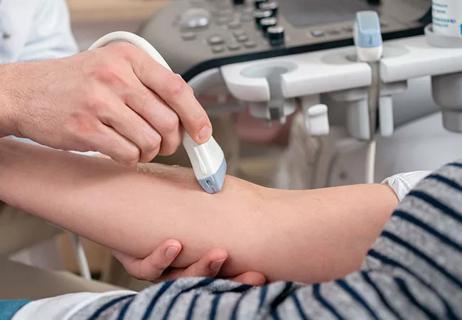
Study shows ultrasound can be valuable tool for improving patient satisfaction by reducing failed IV insertions
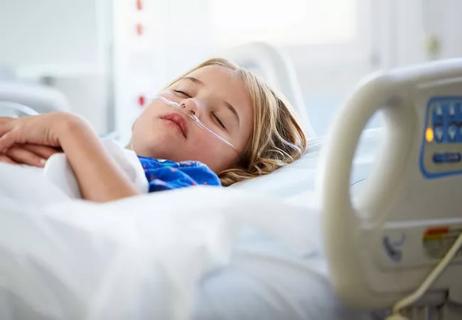
New system uses vital signs to predict need for further intervention
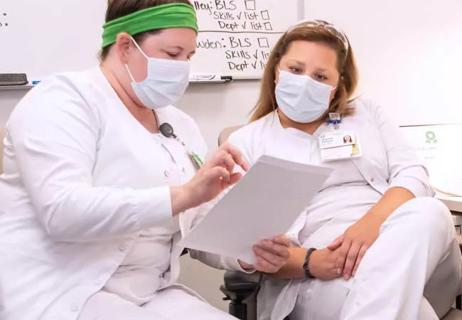
Findings reveal personal and professional factors that influence nurses’ interest in medical research
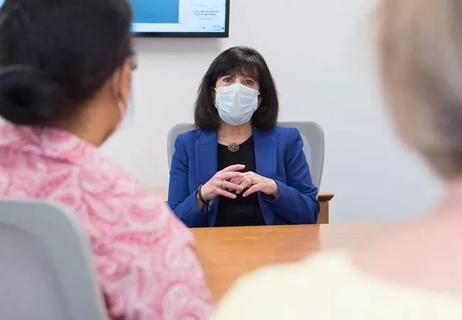
Nurse scientists bridge divide between bench and bedside

Individual and population factors play a role
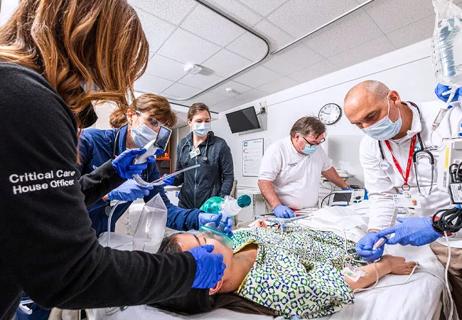
Study looks at cardiopulmonary arrest and activation rates
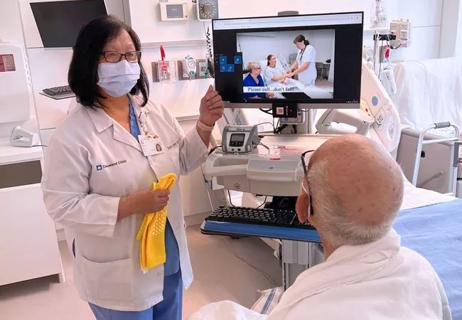
Video education and nurse-led reinforcement help with fall risk awareness